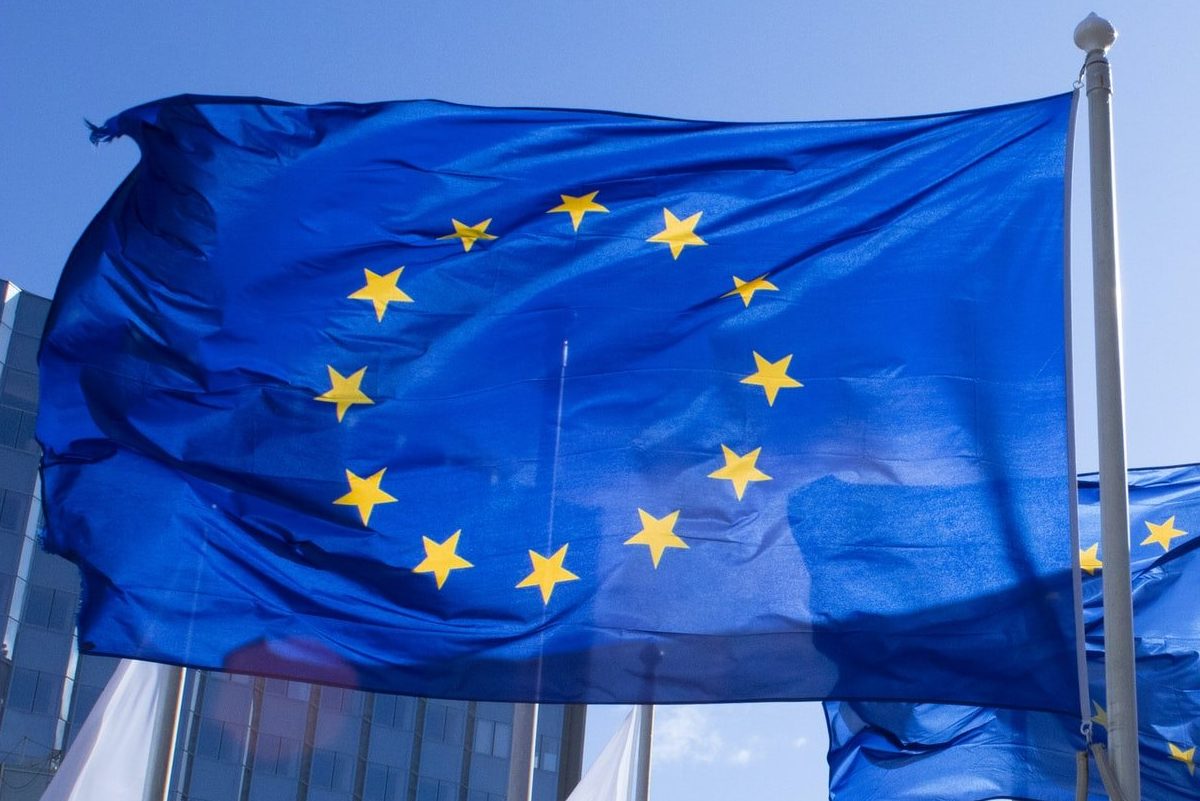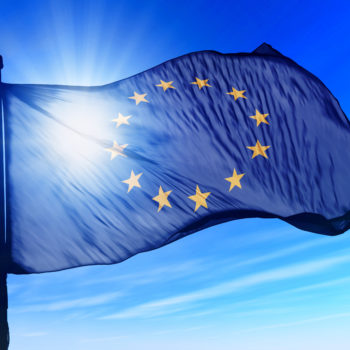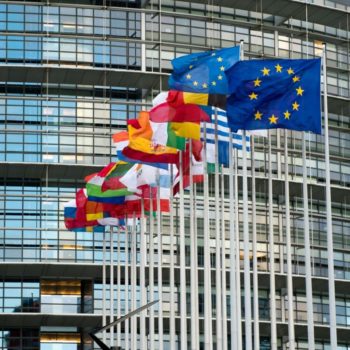- Aligning all EU external action behind the Paris Climate Agreement could be a blueprint for German and EU climate foreign policy.
- Germany’s foreign minister, Annalena Baerbock, intends to put climate & feminist foreign policy front and centre in Germany and the EU.
- The new report outlines ideas like an EU “John Kerry” and steps to ensure the EU Global Gateway drives change by supporting and co-developing projects around partners’ climate and sustainable development ambitions, rather than relabelling existing projects.
Story
The US and China are increasingly bringing climate into their foreign policy projections. Though they came together in the final days of COP after two weeks of “blame-game” dynamics, their joint declaration was neither a driver of multilateral cooperation nor high-ambition. More broadly, both have a strong focus on self-interest and competition. 2021 has shown that we should not rely on these two superpowers to drive the necessary high-ambition cooperation during their decade of geopolitical confrontation.
The EU can step into this gap and make or break a pathway to a climate-safe and just world this decade. But this will require putting cooperation at the core of EU external action. Climate foreign policy means going beyond diplomatic engagement with partners on their climate targets, to using every lever, including trade, development, foreign, security and economic relations. It must support the common goals of halving emissions this decade, building resilience and averting the climate crisis.
The report, commissioned by the Greens/EFA group in European Parliament builds on existing research and fresh ideas to outline how to mainstream climate action into EU foreign policy. It proposes:
- A rapid acceleration of climate-dedicated EU foreign policy capacity and structures. This includes an EU “John Kerry” equivalent “Climate Implementation Envoy”, alongside more dedicated & climate-literate staff across the European External Action Service and Commission.
- An annual “state of EU external climate action” report that gives a proper view of what is happening – in the EU and in the foreign policy of other major players.
- Creating a Global Gateway Implementation hub to ensure the initiative is a revamp of EU approaches, not a relabelling.
- Significantly increasing the quantity and quality of public finance for adaptation, spearheading the revamp of global financial architecture to invest in resilience, including IMF, World Bank, and Multilateral Development Banks.
- Leverage major trade relationships and the EU’s market power to create cooperation around lead markets for green technology and aligning green finance and product standards.
This comprehensive set of actions could (i) align all EU activities behind the goals of the Paris Agreement, (ii) centre co-development approaches with partners to ensure ownership and prevent perceptions of “green colonialism”; (iii) outline key priorities for support for third countries and (iv) touch on how to do this while upholding EU values of gender equality and human rights, protecting both international partners, EU economic relations and European citizens from the devastating impacts of climate change.
The full report and a summary presentation can be downloaded from E3G’s website here.
Quotes
Jenny Tollmann, E3G Senior Policy Advisor said:
“If the EU is committed to making the 2020s the decade of delivery, we need to stop making only marginal improvements to our external outreach. But this means investing as much staffing, political and financial capacity in co-developing and supporting transition pathways with international partners, as we do in our own Green Deal. This report highlights how to do that via a three year ‘Fast Start’ Programme.”
“The incoming German government has made both German and European Climate Foreign Policy a priority. This means climate partnerships, but it will also require the EU and Germany to lead in making our international economic systems and public finance flows fit for investing in climate action, resilience and recovery from climate impacts. This report outlines first steps to do so.”
Léa Pilsner, E3G Policy Advisor said:
“This report highlights that nothing short of transformational change is necessary to keep European citizens and international partners safe from increasing climate impacts. That isn’t easy to achieve! However, the Global Gateway can be that catalyst, provided the EU used it as a vehicle to revamp existing approaches to international engagement, development and building prosperity.”
Available for comment
Jennifer Tollmann – Senior Policy Advisor, Climate Diplomacy and Geopolitics
jennifer.tollmann@e3g.org | m: +49 151 7301 9723
ENDS
Notes to Editors
- E3G is an independent climate change think tank accelerating the transition to a climate safe world.
- E3G specialises in climate diplomacy, climate risk, energy policy and climate finance. -> About


